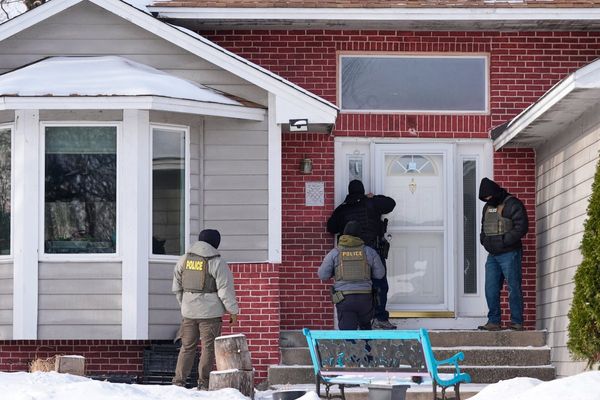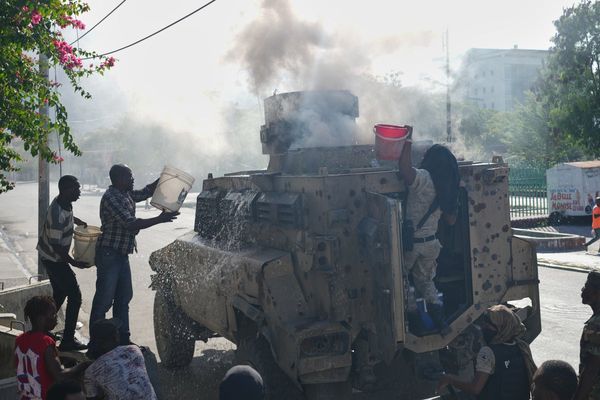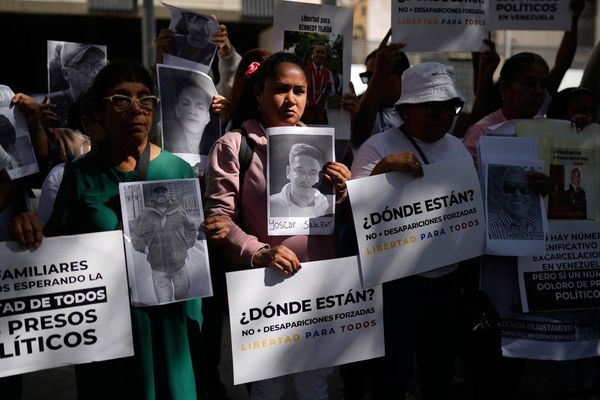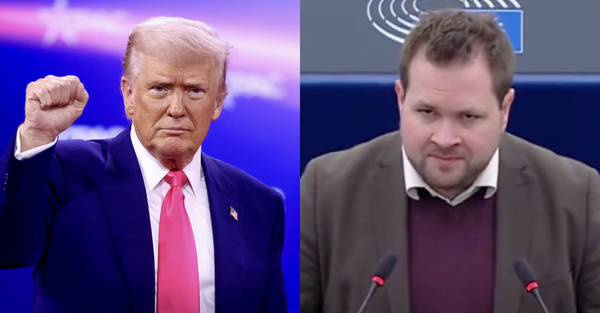Association of Southeast Asian Nations (ASEAN) has consistently taken a proactive role in controlling tuberculosis (TB) in the region. But with Southeast Asia accounting for a significant share 45% of global TB cases, the fight remains a long and winding road.
Given the severity of the issue, ASEAN has set an ambitious regional action plan in 2018 to eliminating tuberculosis by 2035.
The plan focuses on improving access to treatment. It also addresses challenges related to latent TB (the infection without symptoms), advances diagnostic technologies and develops the M72/AS01E TB vaccine candidate.
From vaccine to technological advancement, here is what the region is working on to end the deadly epidemic.
Vaccine diplomacy
Vaccination remains the most effective measure to prevent infection, limit disease transmission, and mitigate its impact. Beyond public health benefits, vaccine procurement also helps strengthen ties between ASEAN and its dialogue partners.
To reduce the impact of rising airborne infectious diseases such as COVID-19 and TB, ASEAN has pursued bilateral vaccine diplomacy with dialogue partners such as China and the United States (US).
This aligns with the goals of the ASEAN Vaccine Security and Self-Reliance (AVSSR) initiative, aimed at ensuring the availability, accessibility, and regional self-reliance of vaccines in Southeast Asia.
During the pandemic in 2020-2022, for instance, ASEAN supported the equitable distribution of COVID-19 vaccines across member states through the ASEAN COVID-19 Response Fund.
ASEAN’s vaccine diplomacy has also contributed to tuberculosis control.
Regions with high TB prevalence, such as Indonesia, can accelerate vaccine development due to greater exposure and available trial populations. Indonesia — ranked second globally in TB incidence — is participating in the phase three clinical trial of the M72 TB vaccine candidate.
A total of 2,095 adolescent and adults will participate in the phase three clinical trial of the M72 TB vaccine in Indonesia. The M72 TB vaccine targets targets adolescents and adults — the groups most affected by tuberculosis.
Recent findings show that two doses of the M72 vaccine may provide up to 54% protection against latent TB progressing into active pulmonary TB among people aged 18 to 50.
The trial is expected to conclude by the end of 2028.
If proven safe and effective, the vaccine could play a key role in preventing TB among adolescents and adults at both regional and global levels.
How technology is transforming TB control
To strengthen the ability of Southeast Asian countries to control TB, ASEAN is actively using technological advances. This includes using artificial intelligence (AI) and machine learning (ML) to develop rapid screening tools and digital systems.
In Indonesia and Myanmar, computer-assisted screening tools (such as Lunit INSIGHT CXR and qXR) are used to analyse chest X-rays, which help speed up TB diagnosis and detect lung abnormalities more accurately — even without a human interpretation.
Meanwhile, the Philippines has rolled out AI-assisted X-ray screening to speed up TB diagnosis, particularly among vulnerable populations. The technology was developed through a partnership between the Philippine Department of Health (DOH) and the Japan International Cooperation Agency (JICA).
Vietnam, meanwhile, uses a web-based platform called VITIMES for real-time TB surveillance. It is also trialling SMS reminders to help TB patients stay on track with their treatment.
Toward a TB-free future
ASEAN’s commitment is reflected in the biennial ASEAN TB Conference, held in Laos in August 2024, and the launch of the Airborne Infection Defence Platform (AIDP) in the same year.
AIDP aims to strengthen ASEAN member states’ ability to control airborne infectious diseases, enhance healthcare systems, and boost preparedness for future pandemics. The platform — supported by USAID and partner organisations, including Stop TB and Stop TB Indonesia (STPI) — underlines ASEAN’s proactive strategy in safeguarding regional health.
Southeast Asia’s active role in advancing TB vaccines and health technologies remains crucial for both regional and global health. From vaccine trials to digital screening tools, these innovations are helping strengthen disease control and public health resilience across the region.
The M72 vaccine, in particular, shows strong potential to reduce TB infection rates, especially when paired with new digital tools that support early detection and treatment. This growing collaboration between ASEAN and its dialogue partners reflects a shared commitment: that no country should face tuberculosis alone—and that a world free of the disease is within reach.
This article was originally published in Indonesian, translated into English with the help of machine translator and further edited by human editors.
Mochammad Fadjar Wibowo received a scholarship from the Swedish government in 2014-2015 as a master's student at the Karolinska Institute and worked as an intern at the World Health Organization in 2011 in Geneva. He has worked as a consultant for the Indonesian Ministry of Health with funding from the Asian Development Bank.
Mutiara Indriani is a recipient of an Australia Awards Scholarship funded by the Australian Department of Foreign Affairs and Trade (DFAT).
This article was originally published on The Conversation. Read the original article.







